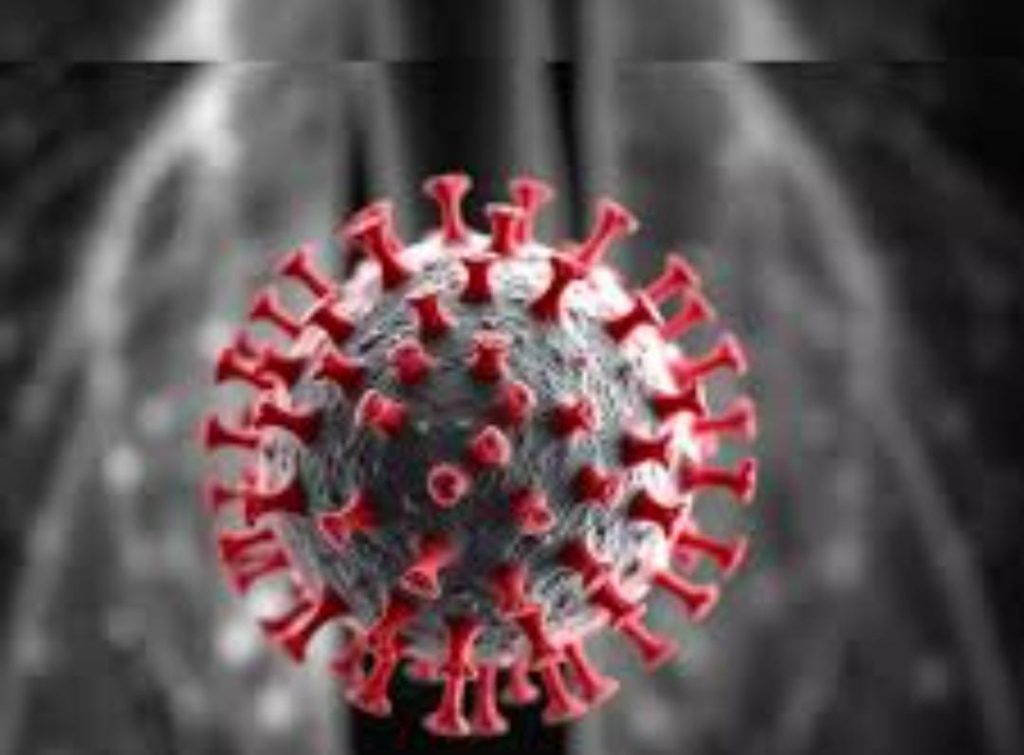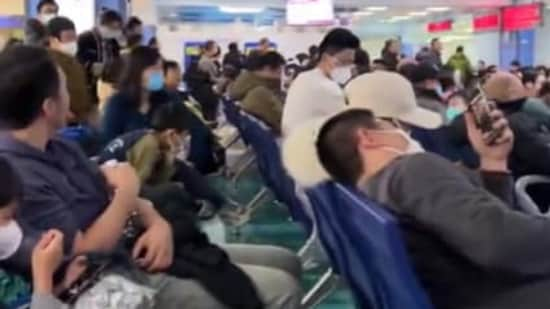No products in the cart.
Everything we know about the HMPV virus emerged in China
Recently, a new HMPV (Human Metapneumovirus) virus was found in China. In the last few weeks, HMPV cases have increased rapidly in China. This virus is rapidly spreading among children and adults. The first suspected human Metapneumovirus (HMPV) was reported in an eight-month-old child in Bengaluru, India.

What is the HMPV virus?
According to the American Lung Association, HMPV was first identified in 2001 by researchers in the Netherlands. It is like a coronavirus that causes acute respiratory infections. The virus spreads similarly to coronavirus.
Symptoms of HMPV
Symptoms of HMPV include cough, fever, runny or blocked nose, and sore throat. It is also possible to experience wheezing and shortness of breath (dyspnea) in some individuals. In some cases, rashes may also occur as part of the infection.
How HMPV spreads
The virus spreads primarily through contact with infected individuals, either through respiratory droplets from coughing or sneezing or by touching contaminated surfaces such as door handles or toys. Densely populated urban areas and crowded places further aggravate the spread of the virus.
Preventive measures against HMPV
Wash hands regularly. Wear a mask in crowded areas. Maintain distance from infected persons. Maintain a clean and sanitized house. Maintain a healthy diet and strengthen your immune system.
Massive outbreak of HMPV in China

Hospitals in China are filled with patients suffering from the HMPV virus. It is being reported that outbreaks of several viruses, including HMPV, influenza A, mycoplasma pneumonia, and COVID-19, have increased the crowding in both hospitals and cemeteries. Long-term COVID-19-related precautions, such as wearing masks and social distancing, have reduced immunity to other viruses, creating an immunity gap.
First case found in India
Bengaluru reports the first case of human metapneumovirus (HMPV) among an eight-month-old baby. On January 2, a sample was taken from the child. Although the virus is currently spreading rapidly in China, no serious cases have been confirmed in India yet. Indian health organizations are keeping an eye on it and advising to be cautious.









